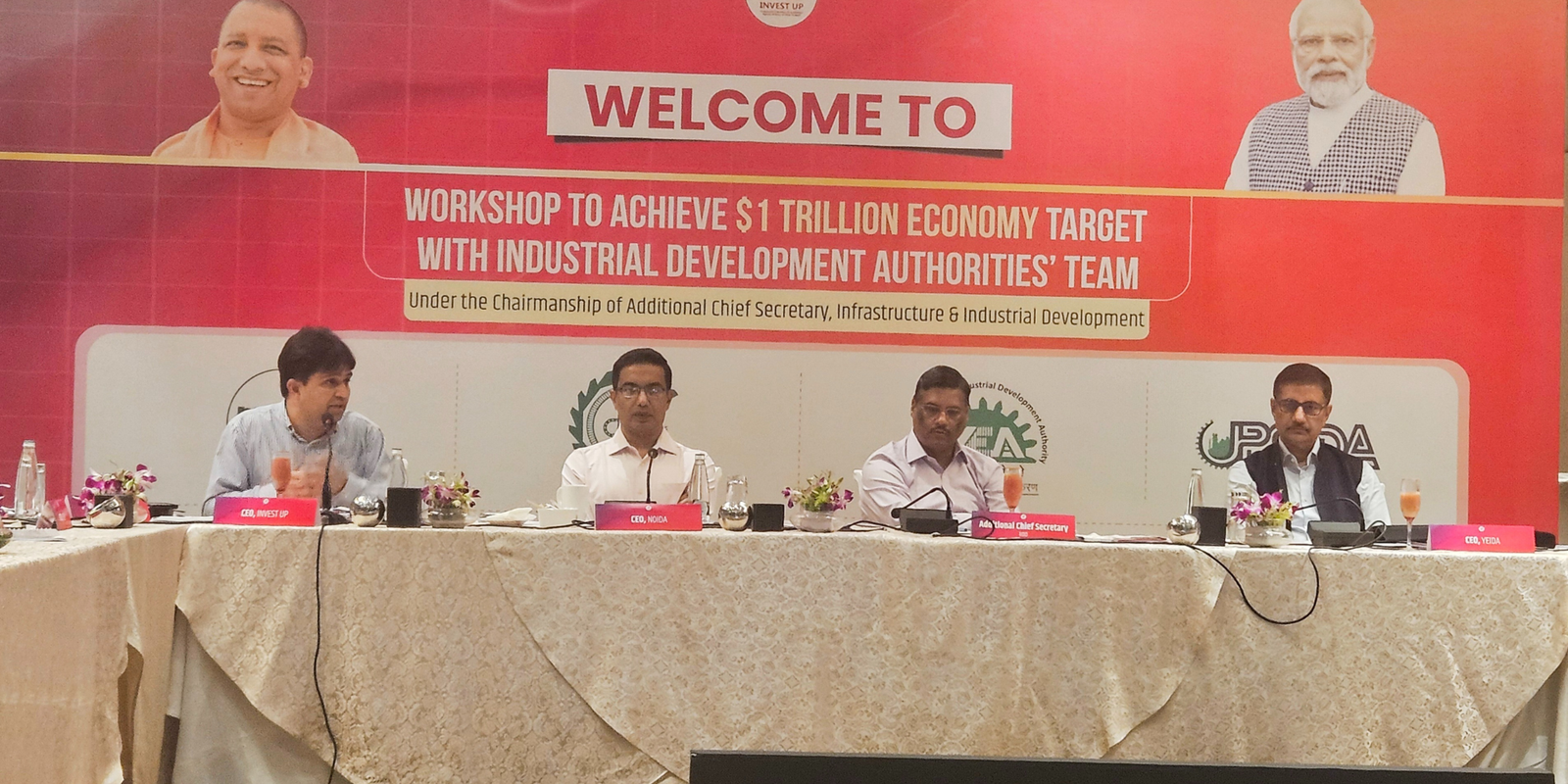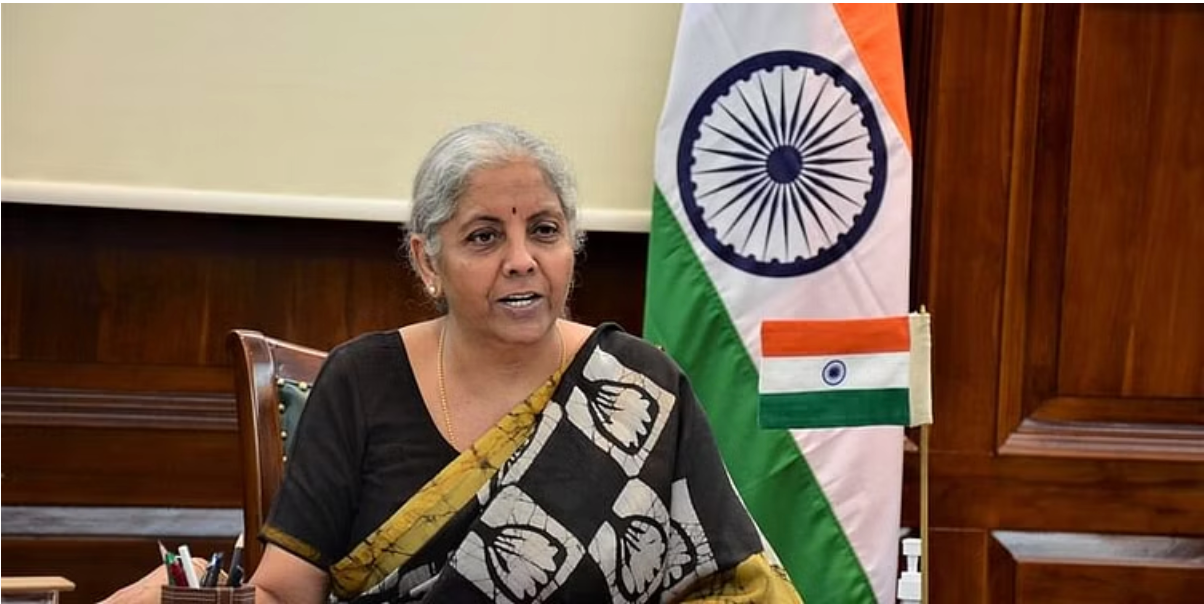India’s fintech Q1 report card; NxtGen’s AI data centre plans


Funding into Indian startups looked gloomy in July.
The month saw the lowest amount raised so far in 2025 at $621 million—a 42% decline from $1,074 million in July last year. There were a total of 102 deals during the month, versus 91 deals in June.
July’s lacklustre funding activity was largely due to the absence of large-value deals. The month did not witness a single transaction with a deal value exceeding $50 million.
Meanwhile, made-in-India iPhones have seen an uptick in sales.
According to media reports, Apple exported $6 billion worth of iPhones from India in Q1 FY26, an 82% jump from Q1 FY25—making the quarter not only Apple’s best yet, but also India’s highest-ever quarter for smartphone exports.
ICYMI: Ethereum turns 10!
Elsewhere, as tsunami waves swept the Pacific recently, some believe a manga prophecy just came true.
Published by manga artist Ryo Tatsuki in 1999, “The Future I Saw” warned of a major disaster in March 2011, a date which coincided with the cataclysmic quake that struck Japan’s northern Tohoku region that month.
Her “complete version”, released in 2021, claimed the next big earthquake would hit in July 2025, sparking a flurry of viral internet memes and debates across Asia in recent months.
Lastly, take a peek at the 10 most beautiful libraries in the world!
In today’s newsletter, we will talk about
- India’s fintech Q1 report card
- NxtGen’s AI data centre plans
Here’s your trivia for today: What is the significance of the moth found in the Harvard Mark II computer?
Fintech
India’s fintech Q1 report card

In the June quarter, listed fintechs, such as Paytm, PB Fintech, and MobiKwik, turned in a mixed performance. Their core businesses—insurance for PB Fintech, payments for Mobikwik and Paytm—remained steady and predictable. But the add-on vertical everyone’s betting big on, credit, is still in a holding pattern.
Today, lending isn’t the core business for them, but it’s the one probably with the biggest upside. In India, where access to credit remains limited, fintechs see lending as their breakout lever, but for now, cautious consumers, tighter regulation, and macro uncertainty are keeping risk appetite low.
All the details:
- For personal loans, Paytm’s stance is patience. Management said it would “just wait for the recovery” rather than get ahead of the cycle, keeping the emphasis on merchant credit and the payments franchise in the interim.
- “The credit business has lost about 15% on the contribution margin,” PB Fintech Chairman and Group CEO Yashish Dahiya said, while indicating the segment has likely bottomed with monthly growth and an expected turn from Q3.
- Mobikwik’s executives reiterated that lending saw a downturn after Q2 last year and is gradually rebuilding. It sees a gradual thaw—disbursals up about 31% QoQ in Q1 as it balances FLDG-backed loans with lead‑gen for users who don’t fit FLDG underwriting.
Interview
NxtGen’s AI data centre plans

Inside NxtGen’s flagship campus in Bidadi, the Bengaluru-based company is wiring in GPUs, the specialised chips serving as the backbone of AI workloads, to fuel India’s AI ambitions.
NxtGen CEO AS Rajgopal believes the demand for computing power from enterprise applications (such as AI-driven business software and services) will become much greater than the demand for training AI models within the next two years.
Key takeaways:
- Its newest machines draw 100 kilowatts per rack—a metal frame that holds several servers in a data centre. This is more than 12 times the power of traditional servers. Rajgopal says that next year’s chips could consume six times that amount.
- NxtGen offers the country’s lowest-priced order of Nvidia’s H200 processors through the government’s IndiaAI Mission, which subsidises GPU access by up to 40%.
- Rather than simply renting out computing power, NxtGen is layering its physical infrastructure (including CPUs and GPUs) with proprietary cloud software called SpeedCloud, which, it says, cuts cloud bills by more than 80% compared with US hyperscalers (large cloud service providers).
News & updates
- Crude: OPEC+ agreed to raise oil production by 547,000 barrels per day for September, as concerns mount over potential supply disruptions linked to Russia. The move marks a full and early reversal of OPEC+’s largest tranche of output cuts, plus a separate increase in output for the UAE, amounting to about 2.5 million bpd or about 2.4% of world demand.
- Earnings: Berkshire Hathaway reported a small decline in Q2 operating earnings as Warren Buffett’s conglomerate warns of negative impacts from steep US tariffs. Its results were impacted by a decline in insurance underwriting, while railroad, energy, manufacturing, service, and retailing saw higher profits from a year ago.
What you should watch out for
- The Reserve Bank of India monetary policy committee meeting has been rescheduled to August 4-6 from the previously announced schedule of August 5-7, 2025. A report by the State Bank of India said a 25-basis-point rate cut is anticipated to boost credit expansion before the holiday season.
- Bajaj Auto, Hero MotoCorp, and Tata Motors, among others, will deliver their quarterly results.
What is the significance of the moth found in the Harvard Mark II computer?
Answer: In 1947, engineers found a moth between the computer’s parts, deeming it ‘the first computer bug’.
We would love to hear from you! To let us know what you liked and disliked about our newsletter, please mail nslfeedback@yourstory.com.
If you don’t already get this newsletter in your inbox, sign up here. For past editions of the YourStory Buzz, you can check our Daily Capsule page here.
Discover more from News Hub
Subscribe to get the latest posts sent to your email.







